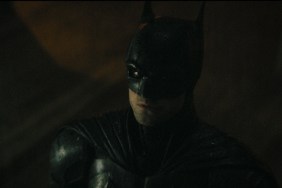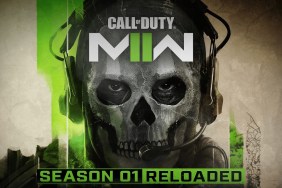An Interview with Mikael Karlsson
Mikael Karlsson is the composer for the recently released Battlefield: Bad Company. Mikael's known in New York's concert halls and orchestras as a rising star of modern composition, and his sounds have set the mood in a number of films, including Bruce LaBruce's Otto; or, Up with Dead People. He is a co-founder of…











